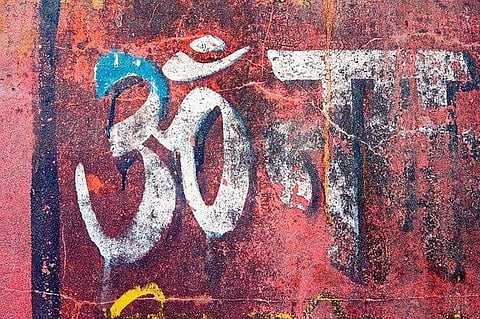Varkey, who has also created silent comics including 'Jaba' and 'Summer's Children' says that she wanted to make them timeless, thus the absence of text. "Something you can read in 2100…Silent comics also breach a language barrier, the book becomes accessible to more people, irrespective of where they are from. Just like silent movies, it allows interpretation of a story with one's own understanding of culture and history. The effort is to make everyone participate in the story through a unique experience, which is unguided and immersive. The focus is also on the visuals, where you want the viewer to spend more time looking at a page and interpreting it."


